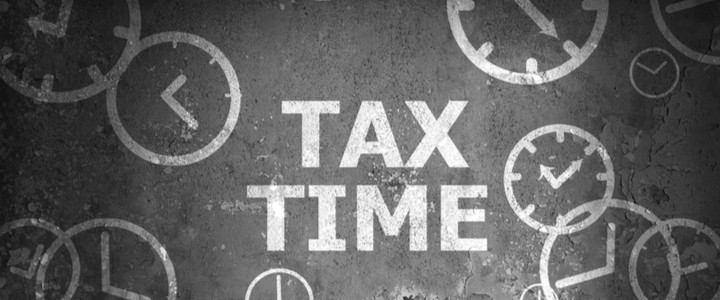
How close to the line did you leave your tax return this year? A few minutes before midnight on 31st January? Or did you file it months ago? Either way, it’s been taken care of for another year.
So, are you going to do the same thing next year or get yourself a bit more organised and less stressed this time around?
Whether you’re self-employed or you manage a limited company, preparing for your self-assessment or company tax return is never a pleasant task. But, once you have filed your tax return, it is actually a good idea to start planning for the next one. Not only will you feel more organised, but the earlier you plan ahead, the easier it will be to put aside enough funds to pay for any tax liabilities.
We’ve reviewed the main areas you need to consider, which could help you plan for your next tax return and any hefty tax bills from HMRC:
Have you saved enough to pay your tax bill?
This is especially important if you are self-employed because many people do not save enough money in advance to pay for their tax bill. To prevent a shock when the HMRC letter lands in the post, we recommend setting up a separate savings account where you can put aside enough funds and keep this topped up throughout the year to avoid a direct hit to your bank account. Many high-street banks will offer a savings account when you sign up to a business bank account which can be handy, although the interest rate tends to be very low so you won’t gain much interest from your pot of money unless you hunt around for a better account.
Regular savings accounts
You could look at a Regular Savings Account if you want to set aside tax every month. These types of account tend to pay a higher rate of interest, sometimes as much as 5% interest on your savings. But they can have fairly rigid terms and conditions, so you will usually need to feed money into your account each month or there could be a maximum balance that they’ll pay that interest rate on.
Another option is to look at a Fixed-Rate Savings Account where the interest rate is guaranteed for a set time period. If you already know how much your tax bill is going to be, you could put the money in a fixed-rate account due to expire before 31st January 2018. If you have sold a business or incurred a large gain during the year, you will probably have a good idea about what you will owe. The catch with this type of account is the fact you won’t be able to withdraw any money during the set period. Plus, if the Bank of England’s base rate rises, you won’t benefit from an increased interest rate.
Getting everyone aligned
If you have someone that looks after your personal financial planning and someone else preparing your tax return, make sure everyone is singing from the same hymn sheet several months before the return is due. If you didn’t already know, we are always happy to send consolidated tax statements and details of what you have paid into or drawn out of your pensions and investments to our clients’ tax advisers or accountants. We are also happy to join you in a tax planning meeting with your accountant if that is helpful. If you need us to do that for you, just ask.
Tax year-end planning
There may be some actions you want to take before the end of this tax year (5th April 2017). Have you thought about making any extra pension contributions? Do you want to try and mitigate tax while you can? Are you using all of your allowances? Conversations about this type of tax planning can often be part of our financial planning advice and overlap with what you might discuss with your accountant.
If we can help with your tax planning and helping you feel organised for next 31st January, please get in touch and speak to one of our financial planners.


